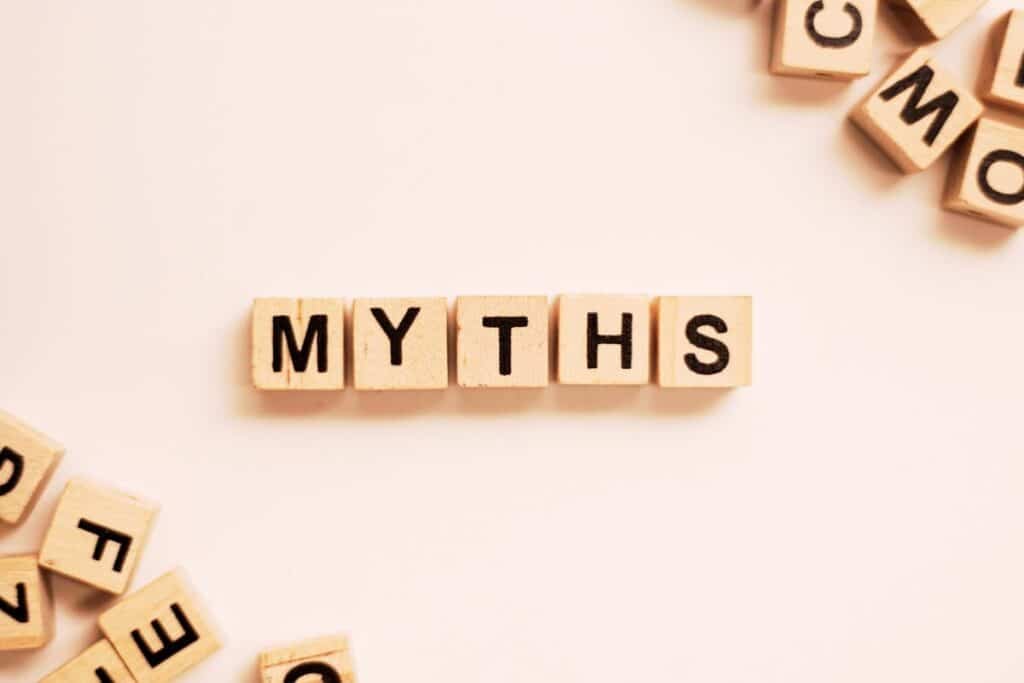Let’s tackle a harmful VAWG myth head-on: the idea that teenagers report rape or sexual assault because they lack sexual experience.
This is not only deeply untrue but also harmful, as it dismisses the real experiences of those who have been victimised.
In previous posts, we’ve looked at 12 key myths surrounding violence against women and girls, and also how to challenge these myths. You can check out those posts here:
- 6 VAWG Myths We Need to Challenge
- ‘She Was Asking for It’ – 6 More Myths That Enable Sexual Violence
- Why We Must Stop Believing Myths About Sexual Violence – And How to Challenge These Views
Why Teenagers Report Sexual Violence
The fact is, teenagers report rape or sexual assault because they have been victims of sexual violence, not because of inexperience or confusion about what has happened.
This myth that teens falsely report sexual assault perpetuates the dangerous notion that young people, especially young women, are fabricating their experiences because they don’t understand consent or are misinterpreting consensual encounters.
But let’s be crystal clear: no one cries rape because they’re sexually inexperienced.
They report it because they have suffered a crime, a trauma.
Misunderstanding sexual consent or experience is not why people report rape; sexual violence is.
False Reporting: The Facts
There’s a persistent belief that people, particularly teenagers, frequently lie about sexual assault.
But this isn’t supported by the evidence.
False rape allegations are rare.
Research shows that only 2-8% of rape reports are false, which is no higher than the rate of false reporting for other crimes.
Despite these low numbers, the myth of the ‘crying wolf’ scenario remains pervasive, further harming victims by casting doubt on their experiences.
When this myth is thrown around, it does more than discredit the victim. It discourages others from coming forward, fearing they won’t be believed.
The Impact of This Myth
This type of thinking places the burden on victims to prove their credibility, when the focus should always be on the perpetrator.
Dismissing reports of sexual violence based on a victim’s age or perceived inexperience only further victimises and stigmatises those who have experienced sexual violence.
It also silences other victims, who might feel too scared to report out of fear they won’t be believed.
Believing this myth shifts the narrative away from justice and toward doubt. And that’s something no victim should have to deal with.
Final Thoughts
We need to challenge the assumption that teenagers don’t understand what’s happened to them or are too inexperienced to recognize sexual violence. Sexual assault isn’t something that can be brushed off due to age or inexperience.
It’s a crime, and it should be treated as such.
Teenagers report sexual violence because they’ve been hurt, and they deserve to be believed, supported, and protected; not questioned or dismissed.



